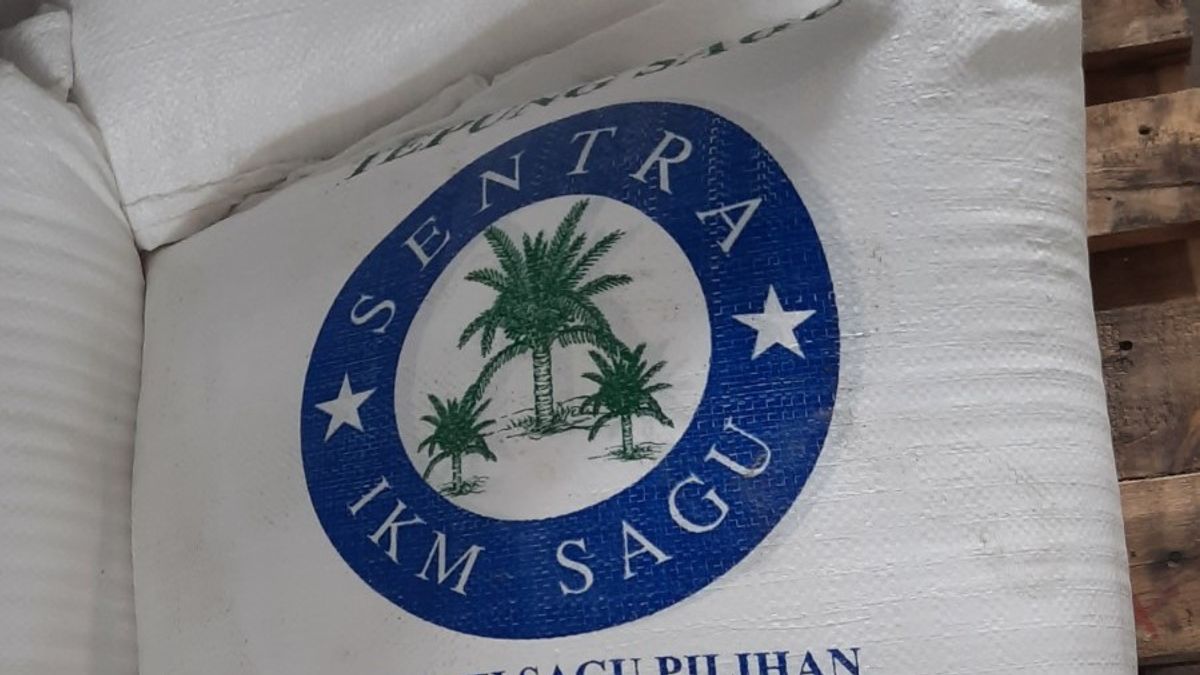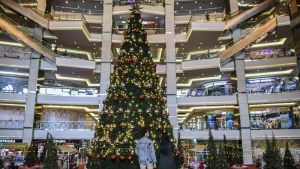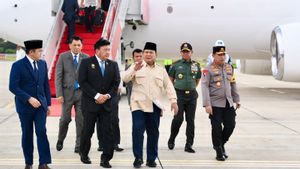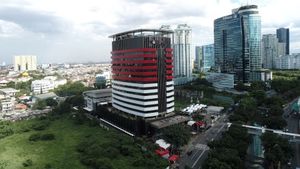The Ministry of Industry (Kemenperin) is developing a small and medium industry center (IKM) to support the downstreaming of sago plants in Meranti Islands Regency, Riau Province.
The Director General of Small, Medium and Multifarious Industries (IKMA) of the Ministry of Industry, Reni Yanita, said that to encourage downstreaming, his party together with the local government maximized the local potential through the development of the Sagu IKM Center using the Special Allocation Fund (DAK).
"The Meranti Islands Sago IKM Center has received the DAK allocation four times for the development of the Sagu IKM Center from 2016 to 2021 with a total fund allocation of Rp41.9 billion," said Reni in her official statement, quoted Monday, August 21.
Reni said, the use of the DAK budget at the Meranti Islands Sago IKM Center includes the construction of central promotion buildings, production buildings, sago flour production machines, to the construction of wastewater treatment installations (IPAL) and peatwater treatment plants (IPAG).
"We see that the production of dried sago flour can provide enormous added value for the food IKM ecosystem, such as sago noodle producers, pastries, crackers, to various other types of food derivative products," he said.
He added, before the establishment of the center, many farmers and owners of the sago refinery (sagu stem processing into wet sago flour) sold wet sago abroad due to the Meranti Islands location adjacent to Malaysia. In fact, the wet sago still has a low selling price.
"Therefore, efforts are needed so that the unprocessed wet sago is not sold to neighboring countries, but can be processed into dry sago which has more added value," said Reni.
It is known, Riau Province is the largest sago producer in Indonesia with a total share plantation area of 61,689 hectares (ha), of which Meranti Islands Regency produces 90 percent of the total sago production in Riau Province or equivalent to 70 percent of sago production nationally.
"This potential must be maximized given the need for food that can be met and the position of Meranti Islands Regency which is located in one of the outer parts of the country," said Reni.
Currently, the Sago IKM Center in the Meranti Islands located in the Tohor River area has a production capacity of dry sago flour of 400 tons per month, by having a partnership of 18 IKM sago refineries, and employing up to 82 people.
Thus, this center supplies the raw material needs of food IKM players from various regions in Riau Province.
To date, the production of dried sago flour from the Meranti Islands Sago IKM Center has several certificates, namely the Hazard Analysis and Critical Control Point (HACCP) Certificate, the Sagu Meranti Geographical Indication Certificate, the Food and Processing Permit Certificate of the Food Supervisory Agency for Drugs and Food (BPOM), and the Halal Certificate of the Indonesian Ulema Council (MUI).
In addition to the production site for dry sago flour, the Sagu Meranti IKM Center also has a production kitchen equipped with various equipment and machinery to process dried sago flour into various food preparations.
Sago plants on the other hand also have many enormous benefits for the people in the Meranti Islands. The sago tree can prevent abrasion caused by the vulnerability of peatlands in the Meranti Islands.
Even though it has been cut down, the sago tree skin that is not consumed can be used as fuel for the burning of the sago flour drying stove. The resulting removal of the sago tree trunk skin can be reprocessed into charcoal sago briket.
Thus, the development of the Sagu Meranti IKM Center is one example of implementing industrial downstreaming from the agricultural sector which can provide a multiplier effect for the economic turnover in the community.
"Local governments must continue to be committed to maintaining the sustainability of the centers that have been built, and I really appreciate local governments who continue to be consistent in developing industrial centers to maximize commodity potential in their regions," he concluded.
The English, Chinese, Japanese, Arabic, and French versions are automatically generated by the AI. So there may still be inaccuracies in translating, please always see Indonesian as our main language. (system supported by DigitalSiber.id)













